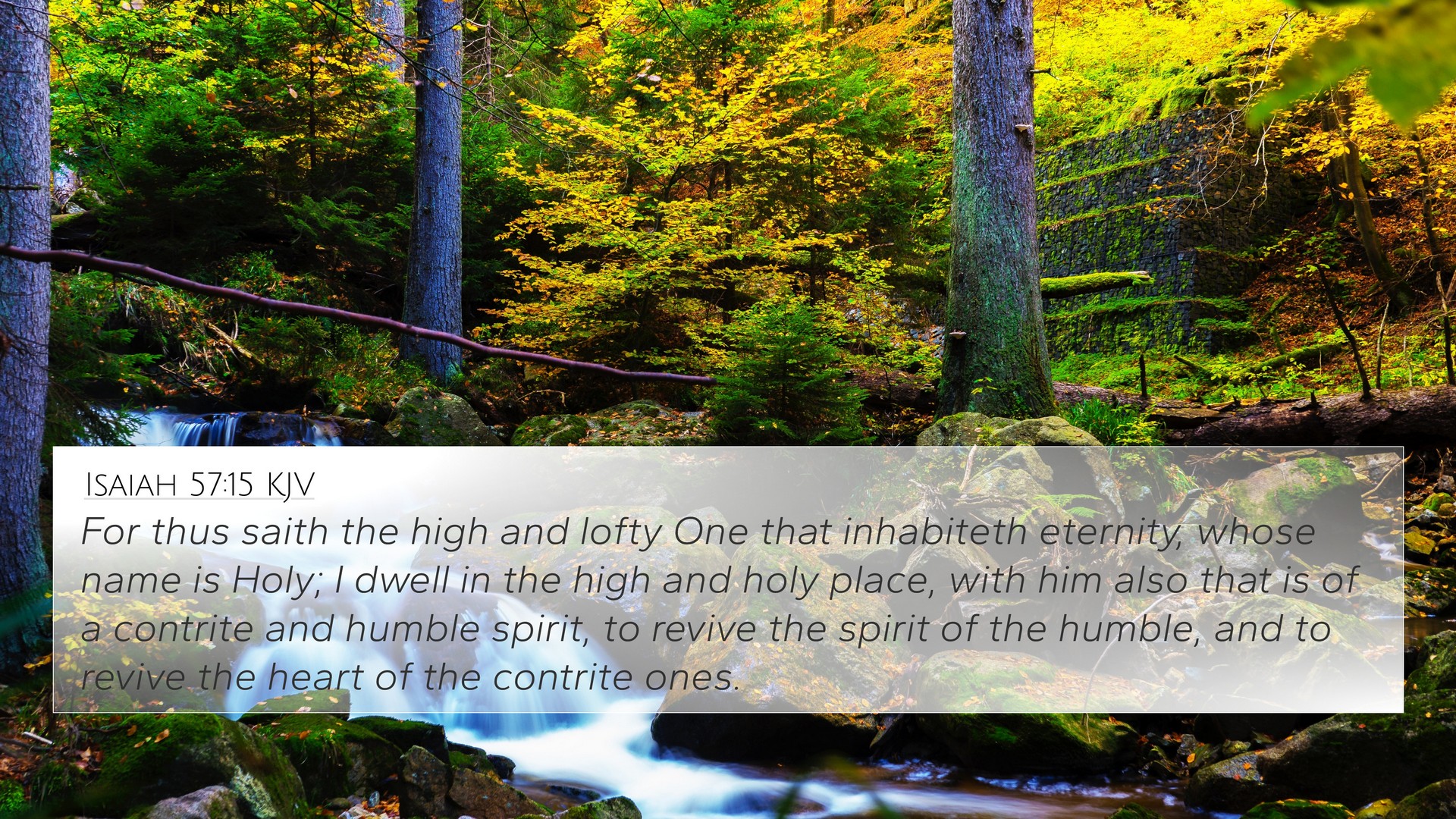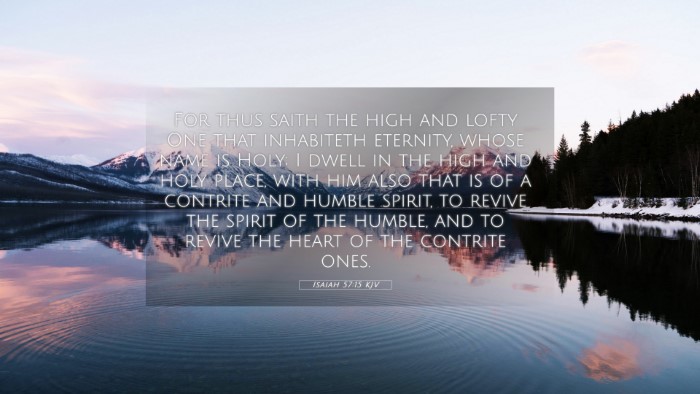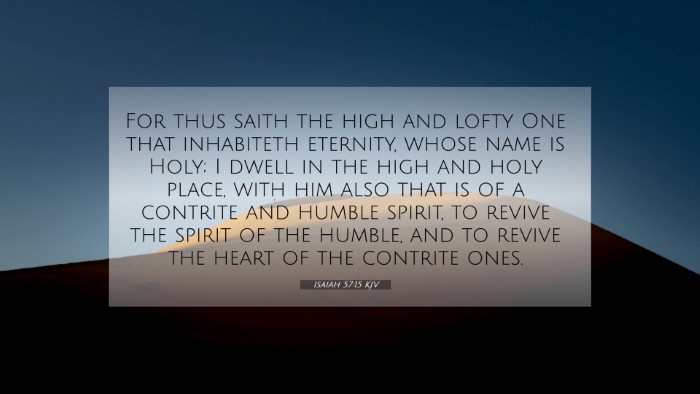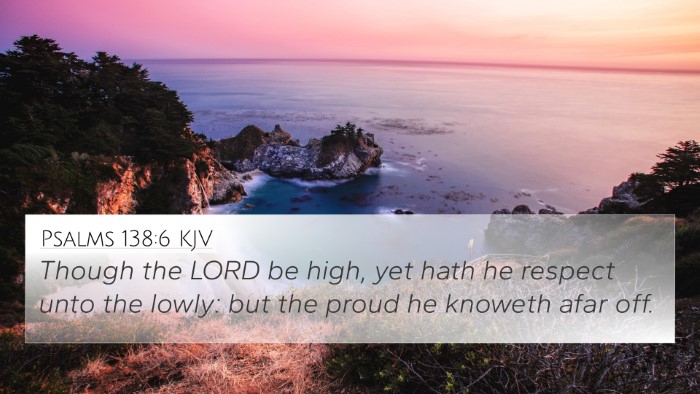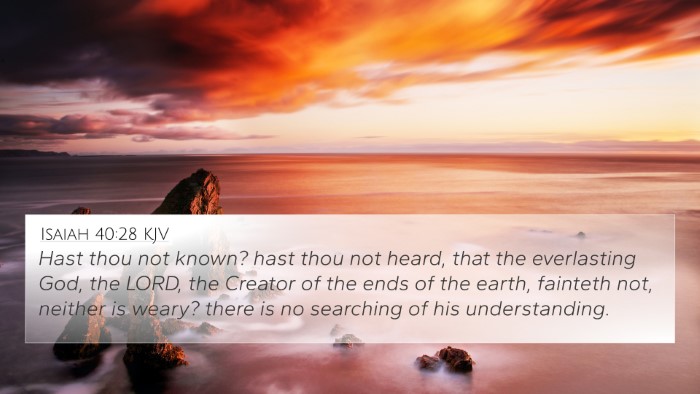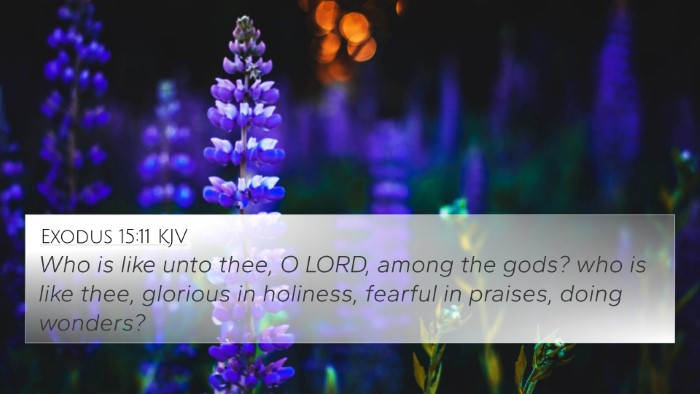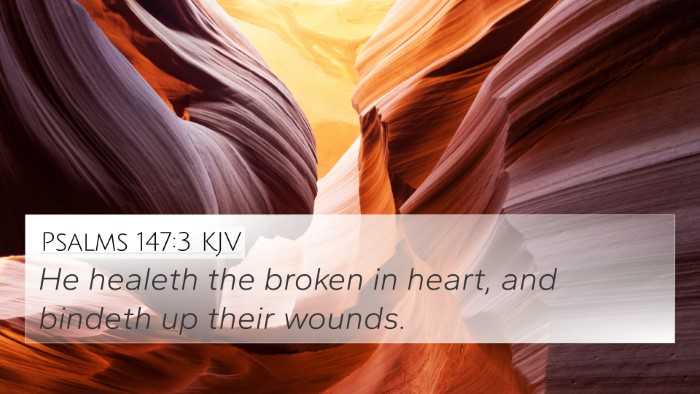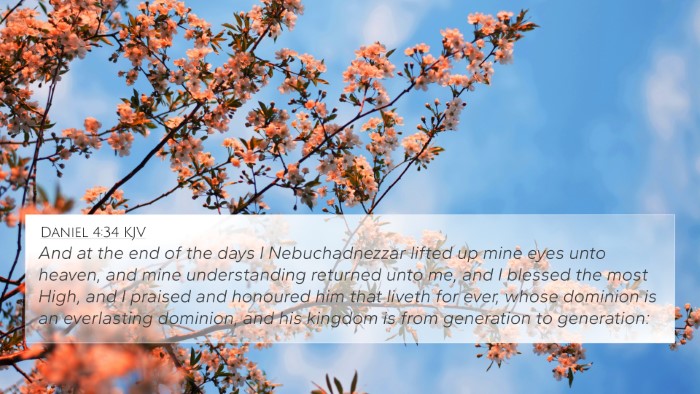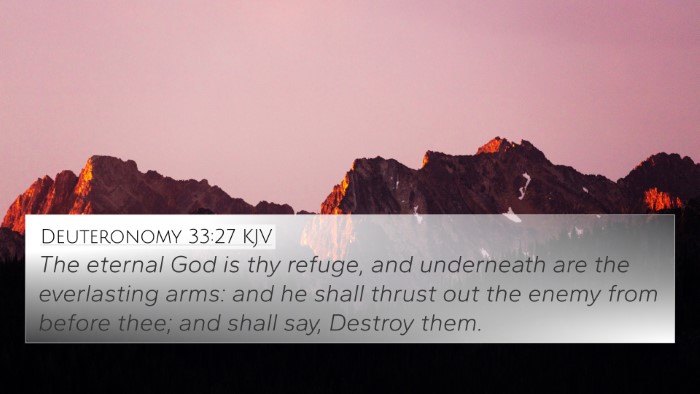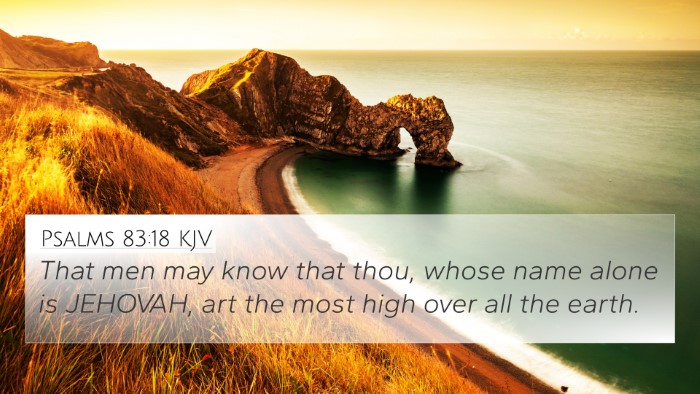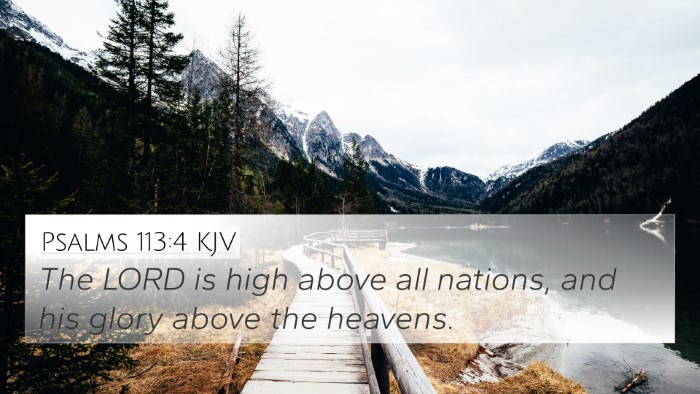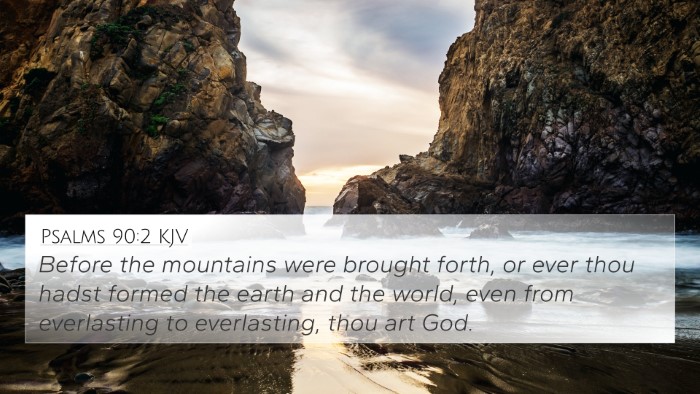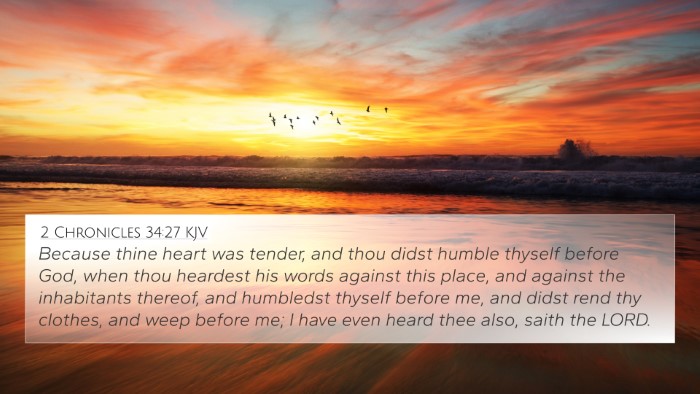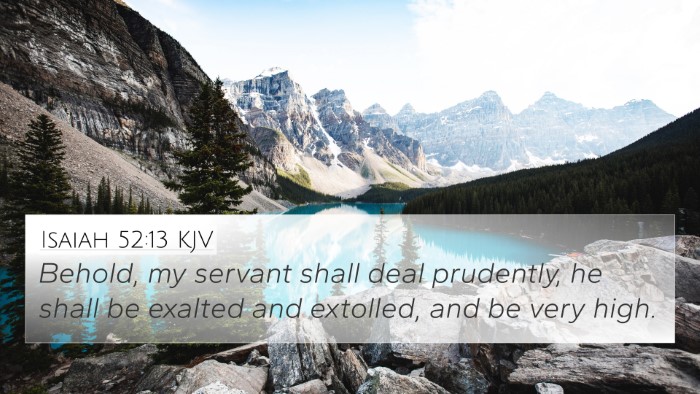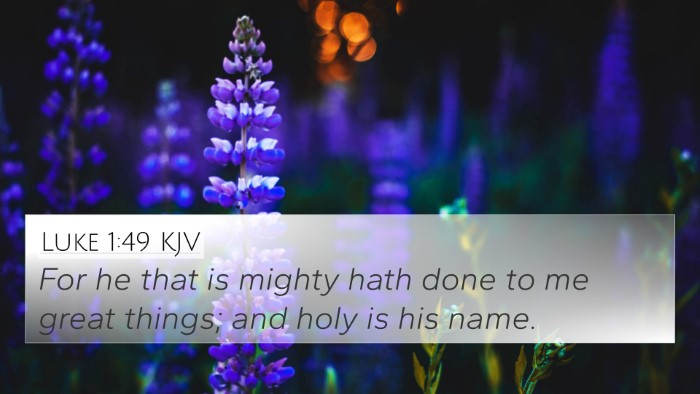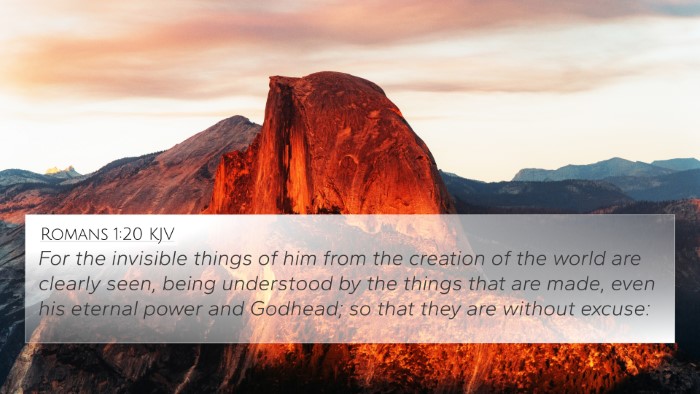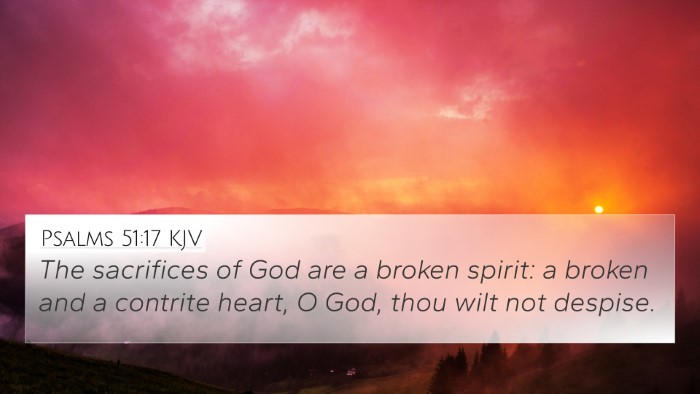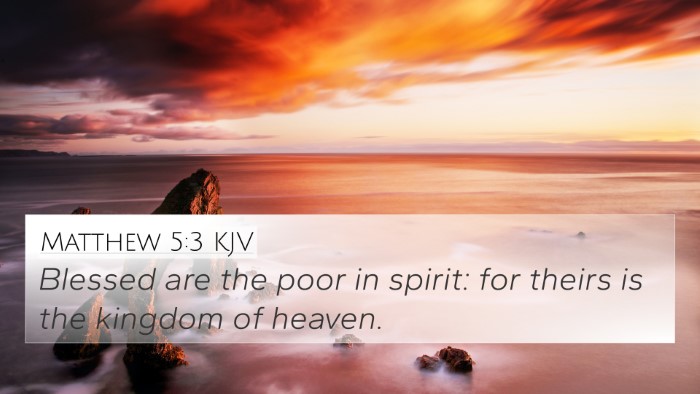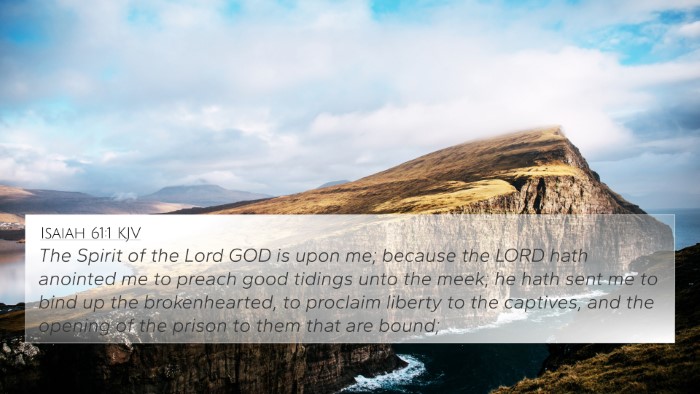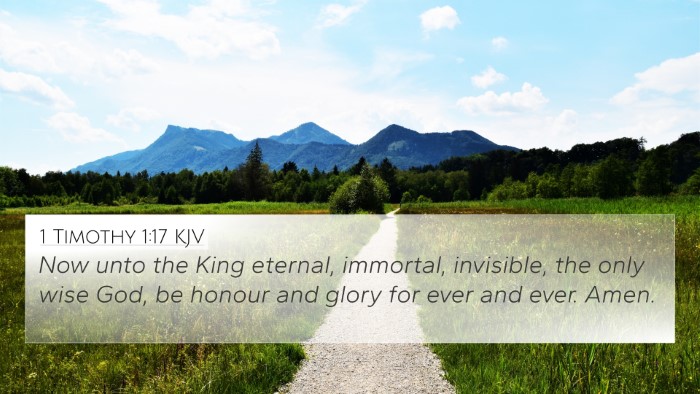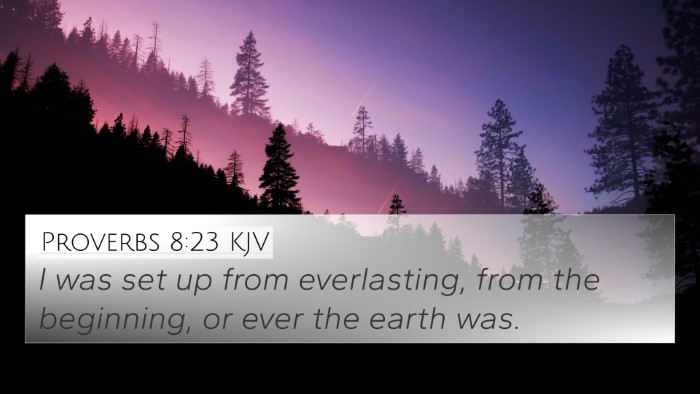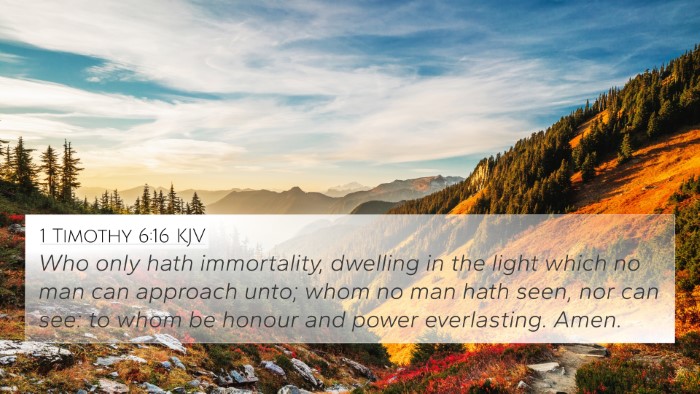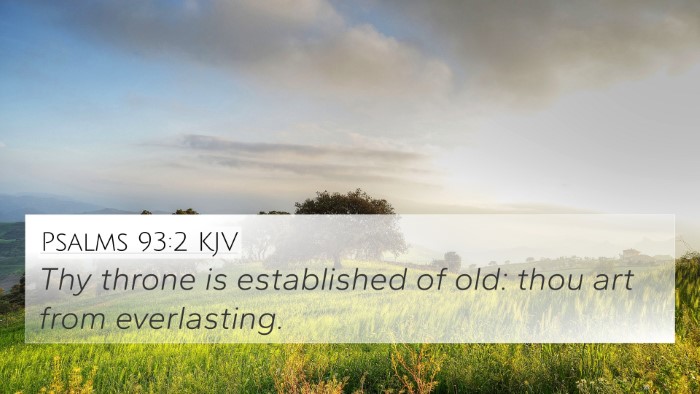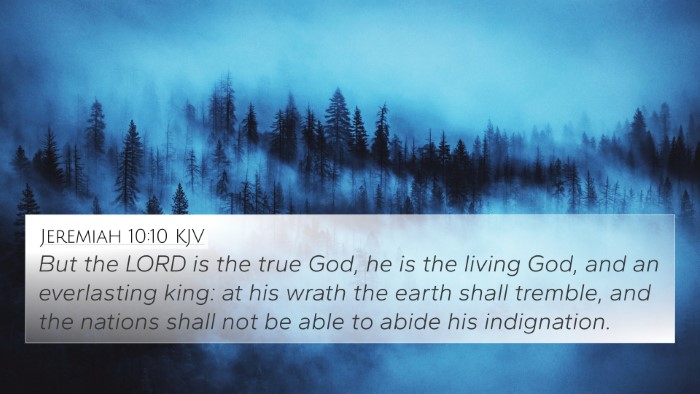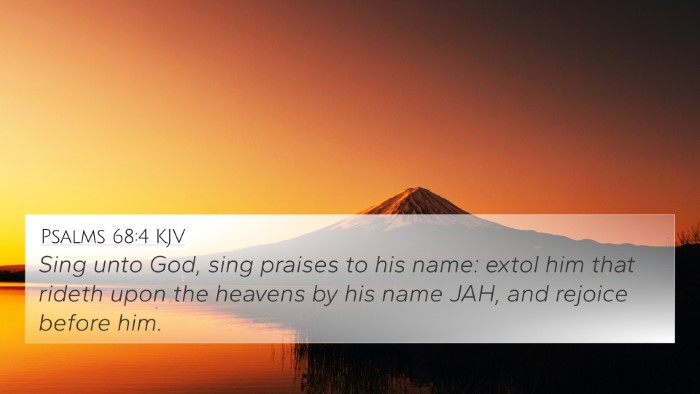Understanding Isaiah 57:15
Isaiah 57:15 states: "For thus says the One who is high and lifted up, who inhabits eternity, whose name is Holy: 'I dwell in the high and holy place, and also with him who is of a contrite and lowly spirit, to revive the spirit of the lowly, and to revive the heart of the contrite.'
Meaning and Insights
This profound verse reveals the nature of God as both transcendent and immanent. The phrase "high and lifted up" emphasizes His sovereignty and majesty, suggesting that God exists beyond human understanding and is exalted above all creation.
The term "inhabits eternity" reflects God's eternal nature. He exists outside of time, implying that He is not bound by past, present, or future as humans perceive them. This characteristic underscores the permanence and reliability of God compared to the temporary nature of human affairs.
The declaration "whose name is Holy" stresses God's absolute purity and separation from sin. Both His name and His nature demand reverence, signifying that He is set apart from all that is common or impure.
However, the verse takes a remarkable turn by stating that God also "dwells with" those who are contrite and lowly of spirit. This highlights God's desire for relationship with humanity, particularly with those who recognize their own brokenness and need for divine assistance.
The expressions "revive the spirit of the lowly, and to revive the heart of the contrite" indicate God's merciful and restorative nature. He seeks to lift up those in despair, providing hope and healing to the humble. This aspect of God's character is pivotal, reminding believers of the accessibility of God's grace even amidst personal failure and desperation.
Cross-References
- Psalms 34:18 - "The Lord is near to the brokenhearted and saves the crushed in spirit."
- Psalms 51:17 - "The sacrifices of God are a broken spirit; a broken and contrite heart, O God, you will not despise."
- Matthew 5:3 - "Blessed are the poor in spirit, for theirs is the kingdom of heaven."
- Isaiah 57:1 - "The righteous man perishes, and no one lays it to heart; devout men are taken away, while no one understands. For the righteous man is taken away from calamity."
- James 4:6 - "But he gives more grace. Therefore it says, 'God opposes the proud, but gives grace to the humble.'
- 2 Corinthians 12:9 - "But he said to me, 'My grace is sufficient for you, for my power is made perfect in weakness.'"
- Isaiah 61:1 - "The Spirit of the Lord God is upon me, because the Lord has anointed me to bring good news to the poor; he has sent me to bind up the brokenhearted."
Theological Implications
The interplay between God's holiness and His closeness to the humble is a central theme in both the Old and New Testaments. This theme encourages individuals to embrace humility, acknowledging that divine favor is not based on personal merit but on a heart attuned to God.
The importance of a contrite spirit is echoed throughout Scriptures, emphasizing the belief that those who recognize their spiritual poverty are positioned to receive God's grace. It promotes an understanding that true worship is characterized by humility and dependence on God.
Applications for Believers
Believers can find comfort in the fact that despite God's transcendence, He is also intimately involved in their lives. The assurance that God dwells with the contrite inspires a life of humility and reliance on divine strength rather than personal fortitude.
Engaging with God requires an honest evaluation of oneself, recognizing areas of weakness and a need for divine intervention. This humility opens the door to receive the reviving and restoring grace that God promises.
Conclusion
Isaiah 57:15 encapsulates a powerful truth about the nature of God—He is holy and exalted yet tender and merciful to those who are lowly. This balance invites believers into a transformative relationship with God, where they may experience revival and restoration through humility and reliance on His grace.
Further Study Tools
- Utilize a Bible concordance to explore related themes throughout Scripture.
- Consider a cross-reference Bible study to connect this passage with related verses across both Testaments.
- Consult Bible reference resources for a deeper understanding of the historical context surrounding Isaiah.
